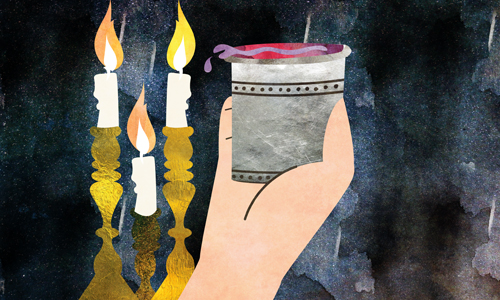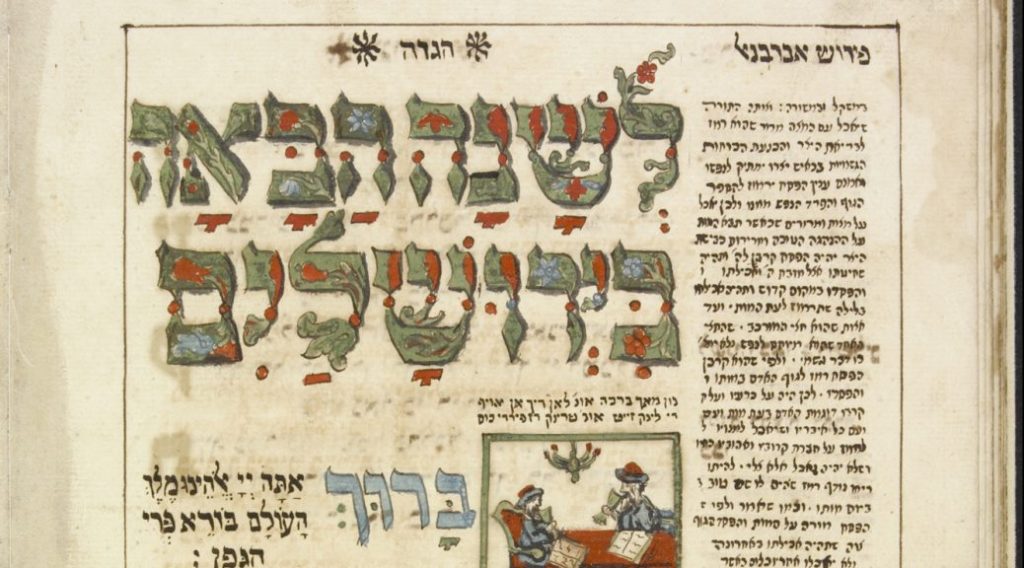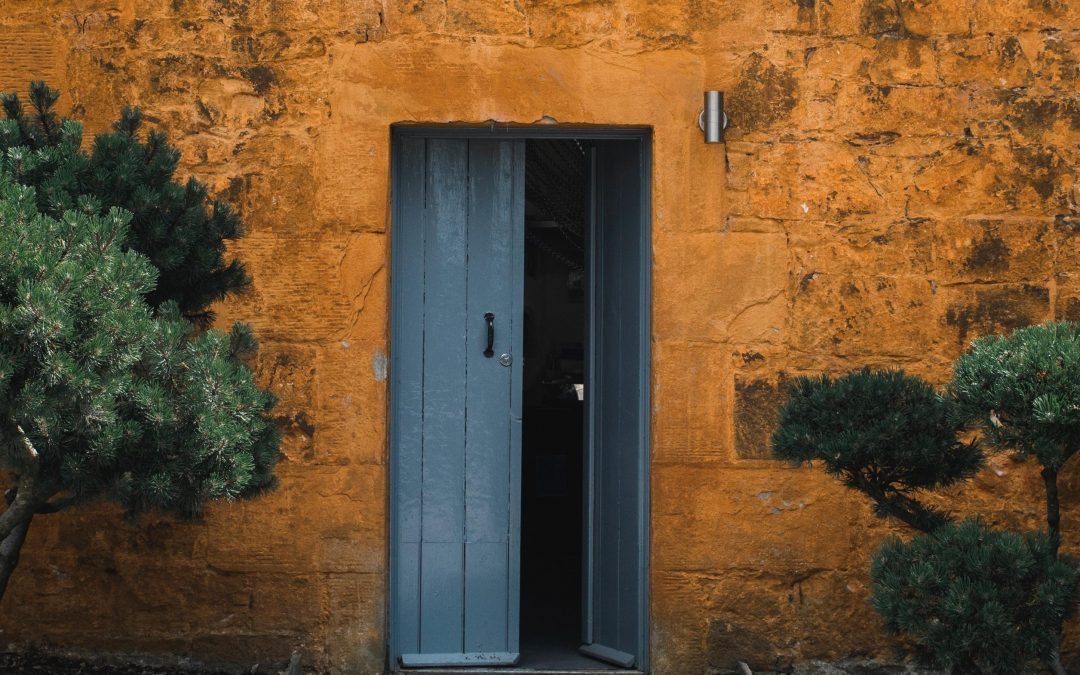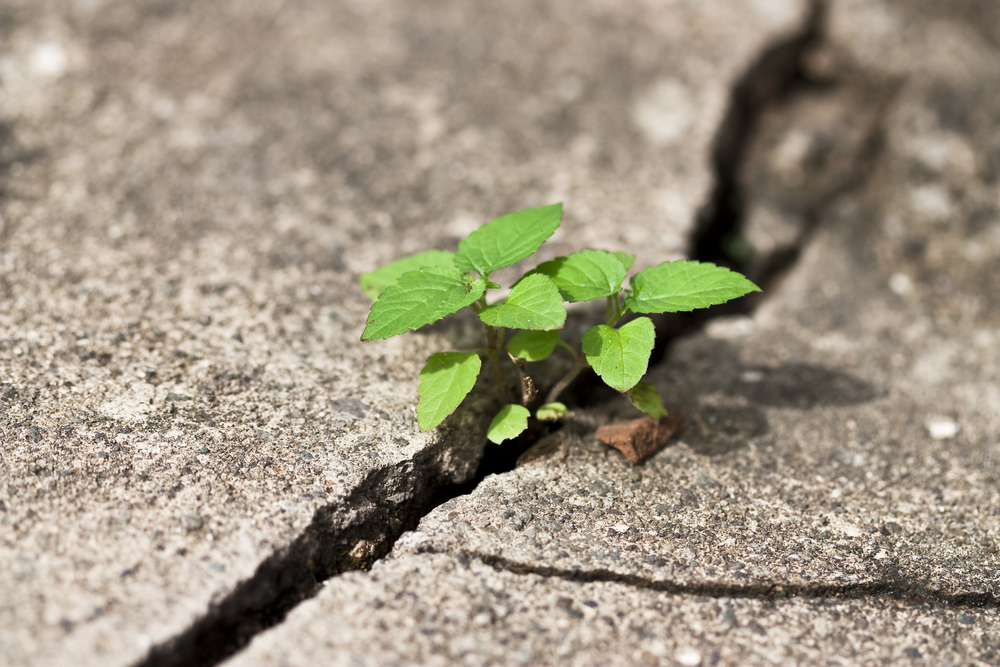
I am currently working on a scaled down seder for Tzedek Chicago to use for Passover (via web conferencing) this year. Here’s a taste of my work in progress: an introduction to be read before the first component of the seder, known as Kadesh (the Festival Kiddish):
From the narrow place I called out to God, who answered me with wide open spaces. (Psalm 118:5)
Before we raise the cup to another Passover, we must acknowledge that this night is very different from all other nights. In this extraordinary moment of global pandemic, we are literally dwelling in the “narrow place” of social separation. Thus, we come to the very first question of the evening: how on earth do we fulfill the mitzvah to observe the Passover seder? Where do we even begin?
Let’s begin here: now more than ever, we must affirm Passover’s teaching that liberation is not only possible, but inevitable. We know from nature that spring will invariably follow winter. We know from history that the oppressed do not remain oppressed forever. So too, we know in our hearts and minds that one day we will eventually make it through this narrow place of pandemic and emerge into “wide open spaces.”
But as we also learn from our Passover story: this emergence never happens easily. It cannot happen without real struggle and hard work. We know that there will be causalities. We know, tragically, that the number of casualties is rising dramatically even as we gather together tonight. And while we know there is a new world waiting for us, we don’t yet know how many of us will make it there – or what that world will actually look like when we arrive.
For now, however, we do know this: like the Israelites of our story, we will not make it through without each other. So too, if the current pandemic has taught us anything, it is the lesson that was learned so painfully by the Israelites in our story: that we are all in this together. That my liberation is irrevocably bound up with yours. And that in the midst of the narrow place, there is no other way but forward.
So as we lift the cup to another Passover, let this be our blessing:
Blessed is the One who shows us how to stand together.
Blessed is the One who inspires us to show up for one another.
Blessed is the One who leads us all toward the wide-open spaces of a new day.






 Another excerpt from the seder readings I’m putting together for Passover this year. This one is an intro to Karpas (green vegetable dipped in salt water):
Another excerpt from the seder readings I’m putting together for Passover this year. This one is an intro to Karpas (green vegetable dipped in salt water):

